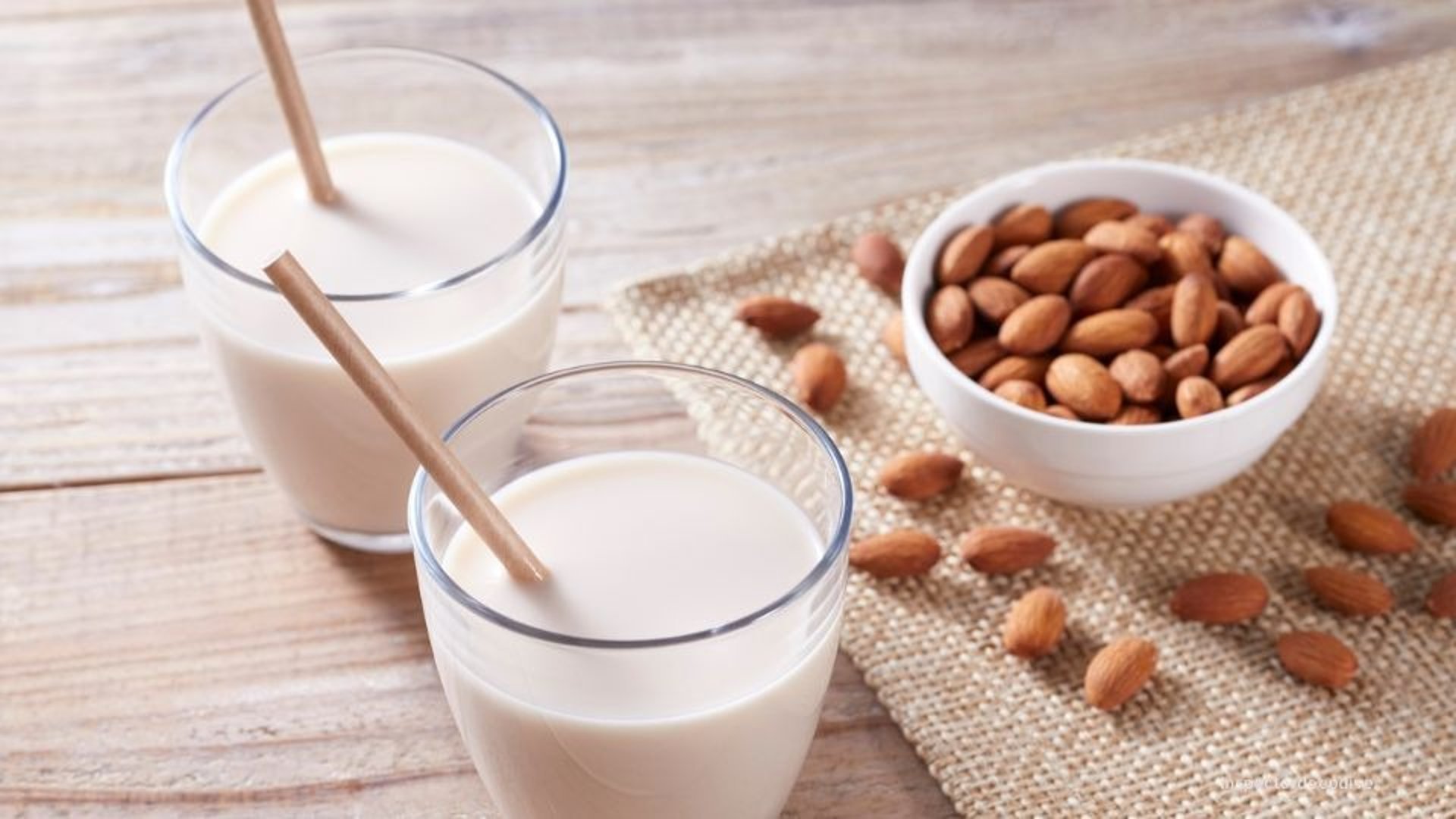Vitamin B2 (Riboflavin): Essential for Energy and Health

Vitamin B2 (Riboflavin): Essential for Energy and Health
Vitamin B2, also known as riboflavin, is a water-soluble vitamin crucial for energy production, cell function, and overall health. As part of the B-vitamin family, it helps your body convert food into energy through various metabolic processes.
What Vitamin B2 Does for Your Body
Energy Production: Riboflavin is vital for breaking down carbohydrates, fats, and proteins into energy. It helps create two important coenzymes, FMN and FAD, which are necessary for your body's energy systems. Without enough riboflavin, your body cannot efficiently turn food into energy, which can lead to fatigue.
Skin and Eye Health: Riboflavin supports healthy skin by maintaining the integrity of mucous membranes and helping cells repair. It also protects your eyes by reducing oxidative stress and supporting vision, especially in low-light conditions.
Works with Other Nutrients: Riboflavin works with iron to help produce red blood cells, with Vitamin B6 for amino acid metabolism, and contributes to the production of glutathione, a key antioxidant.
How Vitamin B2 Is Absorbed
Riboflavin is absorbed in the small intestine. Since it's water-soluble, any excess is passed out of the body in urine, meaning a consistent daily intake is important. Factors like alcohol consumption, certain medications, and poor gut health can reduce how well your body absorbs riboflavin.
Top Food Sources of Vitamin B2
Here are some foods rich in Vitamin B2, with approximate amounts per 100g or serving:
Beef Liver: 3–4 mg per 100g (a very high source)
Fortified Cereals: 0.5–1.0 mg per serving
Almonds: 0.5–0.6 mg per 100g
Eggs (whole): 0.4–0.5 mg per 100g
Cheese: 0.3–0.5 mg per 100g
Mushrooms: 0.3–0.4 mg per 100g
Yogurt: 0.2–0.3 mg per 100g
Milk: 0.1–0.2 mg per 100g
Chicken: 0.1–0.2 mg per 100g
Green Leafy Vegetables (e.g., Spinach, Kale): 0.1–0.2 mg per 100g
Fortified Bread: 0.1–0.2 mg per slice
Daily Vitamin B2 Requirements
Infants (0–6 months): 0.3 mg per day
Children (1–3 years): 0.5 mg per day
Adolescents and Adults (14+ years):
Men: 1.3 mg per day
Women: 1.1 mg per day
Pregnant Women: 1.4 mg per day
Breastfeeding Women: 1.6 mg per day
Athletes, older adults, and individuals with certain absorption disorders may have higher needs.
Signs You’re Getting Enough Vitamin B2
Consistent energy levels without fatigue
Healthy skin and clear vision
Strong immune function
Signs of Vitamin B2 Deficiency
Fatigue and weakness
Sore throat, cracked lips, or dry skin
Sensitivity to light
Inflammation of the tongue or mouth
Supplements: When and How to Use Them
Vitamin B2 supplements are available as capsules, tablets, liquid drops, or as part of multivitamins. They can be effective for quickly addressing deficiencies, especially in at-risk groups. It is generally recommended to take riboflavin with a meal, either in the morning or evening, for better absorption.
Factors That Affect Vitamin B2 Levels
Alcohol consumption: Can impair absorption.
Older adults: May have reduced dietary intake.
Malabsorption disorders: Conditions like celiac disease or Crohn’s disease can increase deficiency risk.
Light exposure: Riboflavin is sensitive to light, which can degrade it in foods and milk.
Can You Overconsume Vitamin B2?
Excess riboflavin is typically excreted in urine, so toxicity is rare. However, very high doses from supplements might cause mild side effects like bright yellow urine or digestive discomfort.
info@inspectordeepdive.com
© 2025 food.InspectorDeepDive.com. All rights reserved. Content may not be copied or republished without permission.
This article is for informational purposes only. InspectorDeepDive.com does not provide medical advice. Always consult a licensed healthcare provider before making dietary or health decisions.
